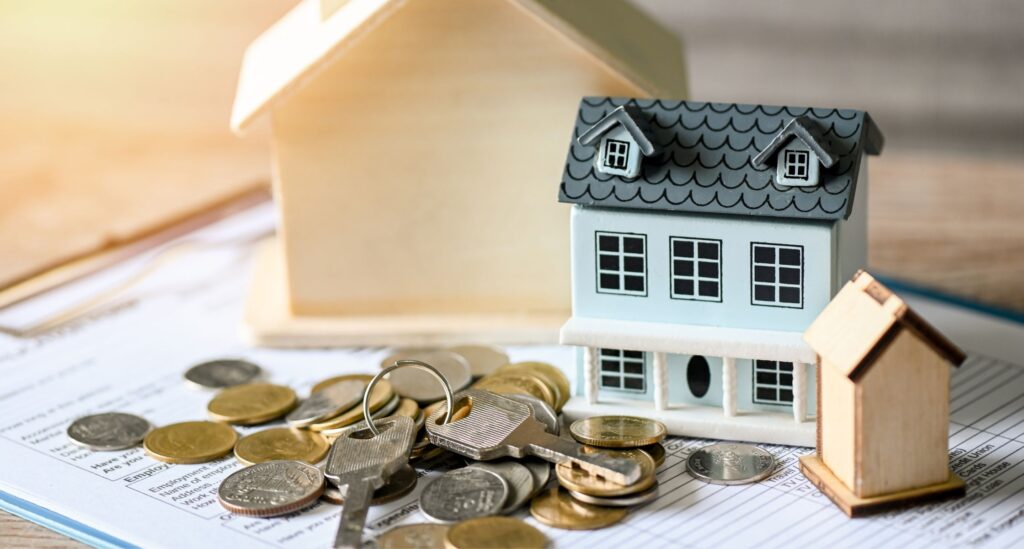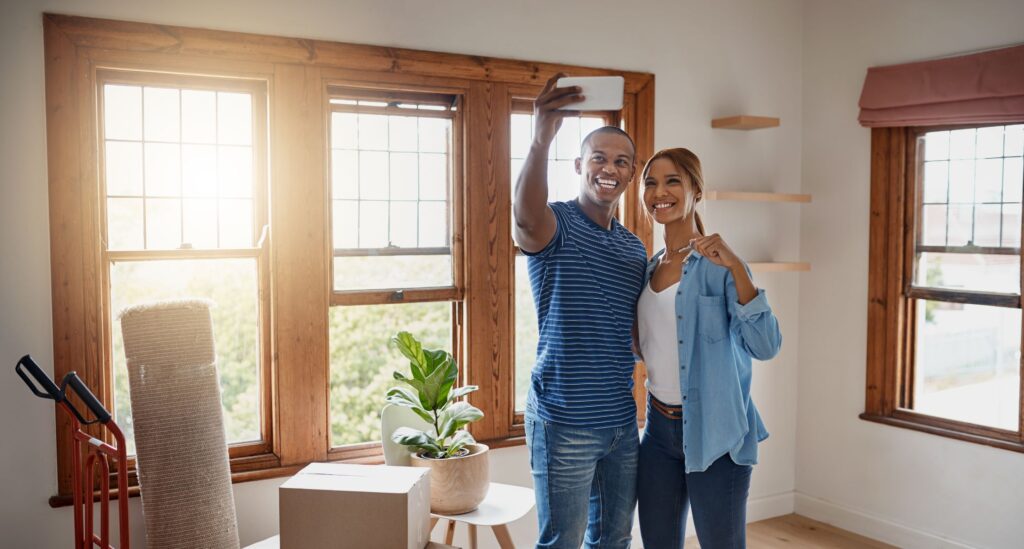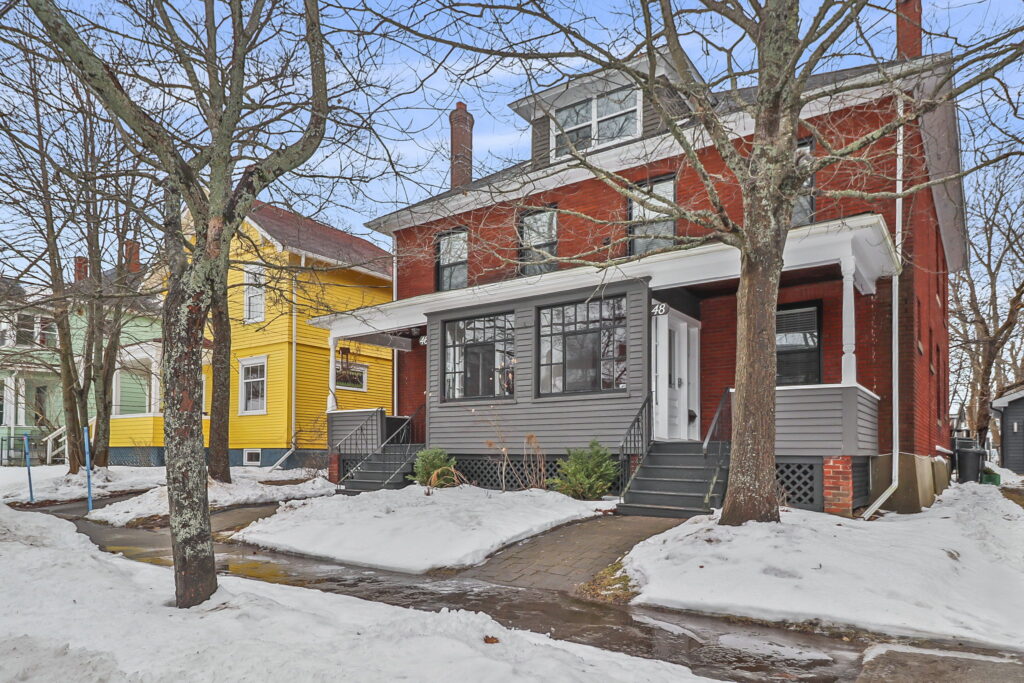
The amount of money you need to buy a house depends on several factors, such as the location, the size and type of house you want, the property’s condition, the down payment you can make, and the prevailing interest rates for mortgages.
Before you start your home search, knowing exactly how much money you will need to buy a house in Greater Moncton is important. Let’s discover the costs of buying a home in Greater Moncton, from down payments to closing fees.

1. Down Payment
A down payment is an initial lump sum of money that a homebuyer pays upfront when purchasing a home. It represents a portion of the total purchase price, while the rest is typically financed through a mortgage loan.
In general, you should expect to pay a down payment of at least 5-20% of the home’s purchase price, which is typically required by lenders to qualify for a conventional mortgage. So, if you are buying a $300,000 home, you may need a down payment of $15,000 to $60,000.
Note that if you purchase a home that is more than $500,000, you will automatically have to pay 20% of any value higher than $500,000.
Ex: A house that is $650,000 is $500,000 at 5% and $150,000 at 20%.
2. Deposit & Conditions
A deposit is a sum of money the buyer provides to show the seller that they are serious about purchasing the home. It’s usually paid when the buyer makes an offer, after or before other conditions have been met, and it functions like a security deposit. The deposit compensates the seller if the buyer backs out of the deal for reasons not allowed by the contract once the deal is firm and lawyers have started working on the files. This will usually cover the cost of putting the property back on the market and paying the extra expenses until it sells again, lawyers fees and any other fees the sellers will have to pay due to a buyer baking up the sale.
That deposit is returned to the buyer on closing day or if both parties decide not to proceed with the sale anymore.
In competitive markets, buyers may offer a higher earnest money deposit to make their offer more appealing, but the amount usually depends on the price of the property and can vary from $1000 to $30,000 (or more if the seller requires a bigger deposit, which rarely happens in residential real estate).
For the conditions, you need to have at least $800 to pay for your inspection, water test or any other testing you wish to make before purchasing.
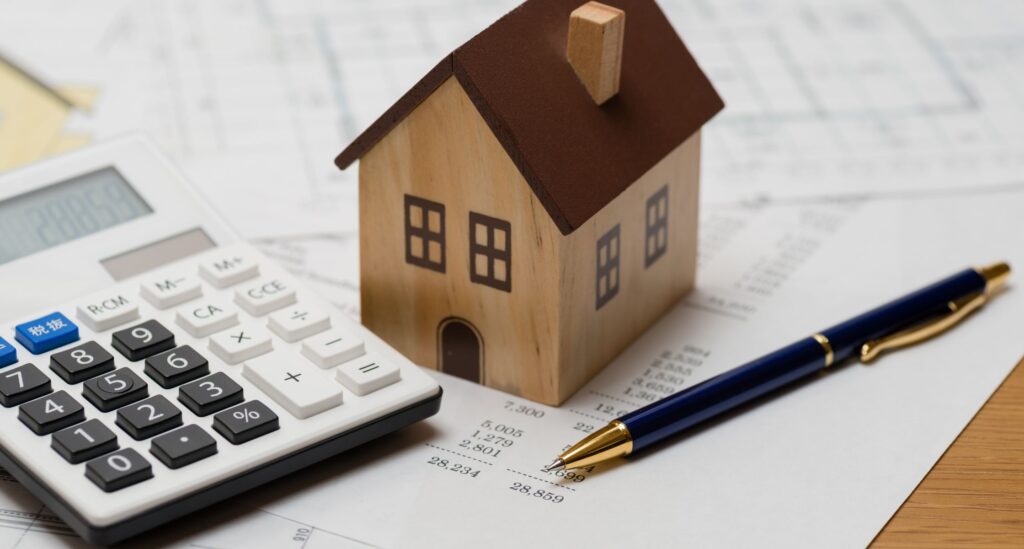
3. Closing Costs
Closing costs are the fees and expenses a homebuyer must pay at the final stage of a real estate transaction, often referred to as the closing. These costs are separate from the down payment and include a variety of fees associated with obtaining a mortgage and transferring ownership of the property.
These costs will differ per property but usually include the 1% land transfer tax, property taxes, water & sewer fees, fuel adjustments, title insurance and the lawyer’s fees.
For a detailed list of closing costs, download our PDF: Closing costs
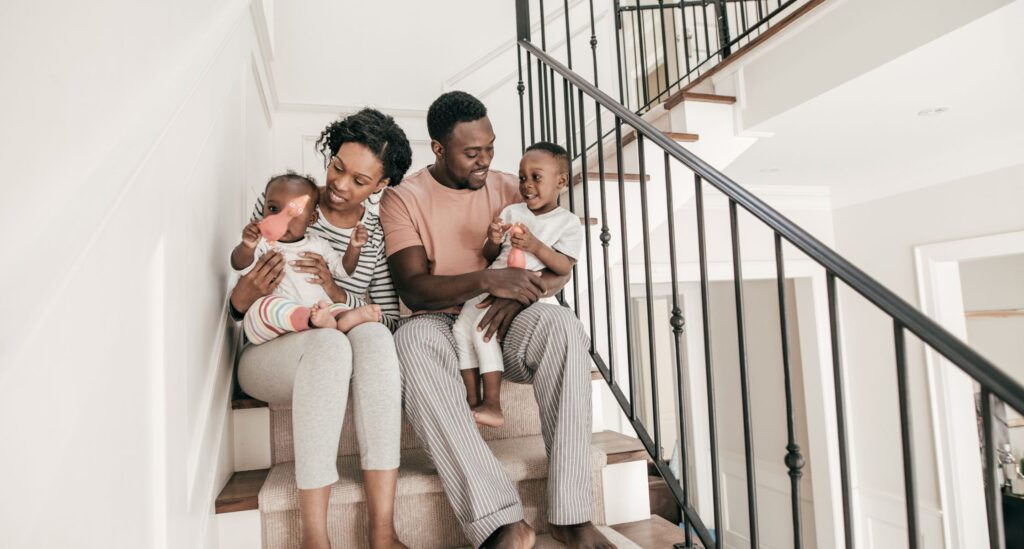
Together, these costs make up the full financial picture of a home purchase, and understanding them is crucial for proper budgeting and avoiding surprises during the buying process. Planning ahead for these expenses ensures you can confidently navigate the financial aspects of homeownership.

